Prince George’s County, MD – July 2025
A Maryland funeral home owner has been sentenced to 35 years in prison for fatally shooting a pallbearer during the burial service of a 10-year-old girl, in what authorities say was the result of a long-standing business feud.
On Friday, Prince George’s County State’s Attorney Tara Jackson announced the sentencing of 50-year-old Wilson Chavis, the owner of a local funeral company, in connection with the 2023 death of Ronald Banks, 30. The tragic shooting took place during the funeral of Ariana Davis, a child who was killed by a stray bullet while riding in a car with her family on Mother’s Day 2023.
A Tragic Chain of Events
The incident unfolded at Washington National Cemetery in Suitland during Ariana’s burial service, which had drawn a large and grieving crowd. Banks, a pallbearer at the ceremony, was helping carry Ariana’s casket when Chavis got into a heated confrontation with two individuals who worked for a different funeral service company. Authorities say the altercation stemmed from a “long-standing business dispute” between Chavis and the other funeral professionals.
As tensions escalated, several mourners reportedly confronted Chavis about his disruptive behavior at the solemn event.
In a moment that turned deadly, Chavis stumbled backward, tripping over a concrete vault lid at the burial site. According to police, he then pulled out a firearm and opened fire. He fatally shot Banks and wounded a woman, who suffered a graze wound. Chavis then fled the cemetery but was later taken into custody.
Conviction and Sentencing
Chavis was convicted on February 14, 2025, of multiple charges, including:
Second-degree murder
Reckless endangerment
Weapons violations
During the sentencing, State’s Attorney Tara Jackson emphasized the gravity of the crime, particularly given the context and setting in which it occurred.
“This sentencing sends a clear and unequivocal message that we will not tolerate this kind of violence in our community,” Jackson said. “Our hearts remain with the families that have suffered because of this tragic incident, and we remain committed to ensuring that those who commit such violent acts are held fully accountable.”
A Funeral Marred by Violence
The shooting shocked not only the local community but also the nation. A day meant to honor the life of a young child whose own death was the result of gun violence ended in yet another act of senseless brutality.
Ariana Davis had lost her life just days before the funeral, caught in the crossfire of gun violence in the District. Her funeral was meant to be a moment of collective mourning and healing—but it instead became a second tragedy that left another family devastated.
Community Impact and Reaction
The incident deeply disturbed residents and leaders across Prince George’s County. Faith leaders, community advocates, and grieving families voiced outrage that such violence could erupt during a funeral service, especially one involving a child.
Local officials and activists continue to call for stricter measures around firearms, mental health support, and mediation in professional disputes before they escalate into violence.
Chavis will now serve a 35-year sentence in state prison. As the community continues to heal from both Ariana’s and Ronald’s deaths, the message remains clear: violence—even amid grief—will not go unpunished.

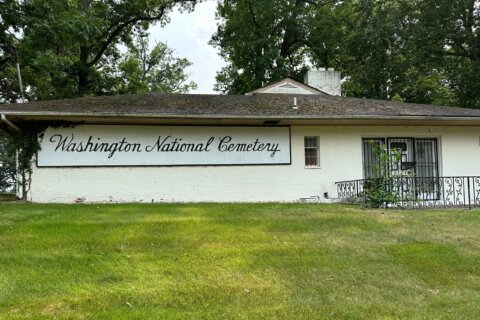

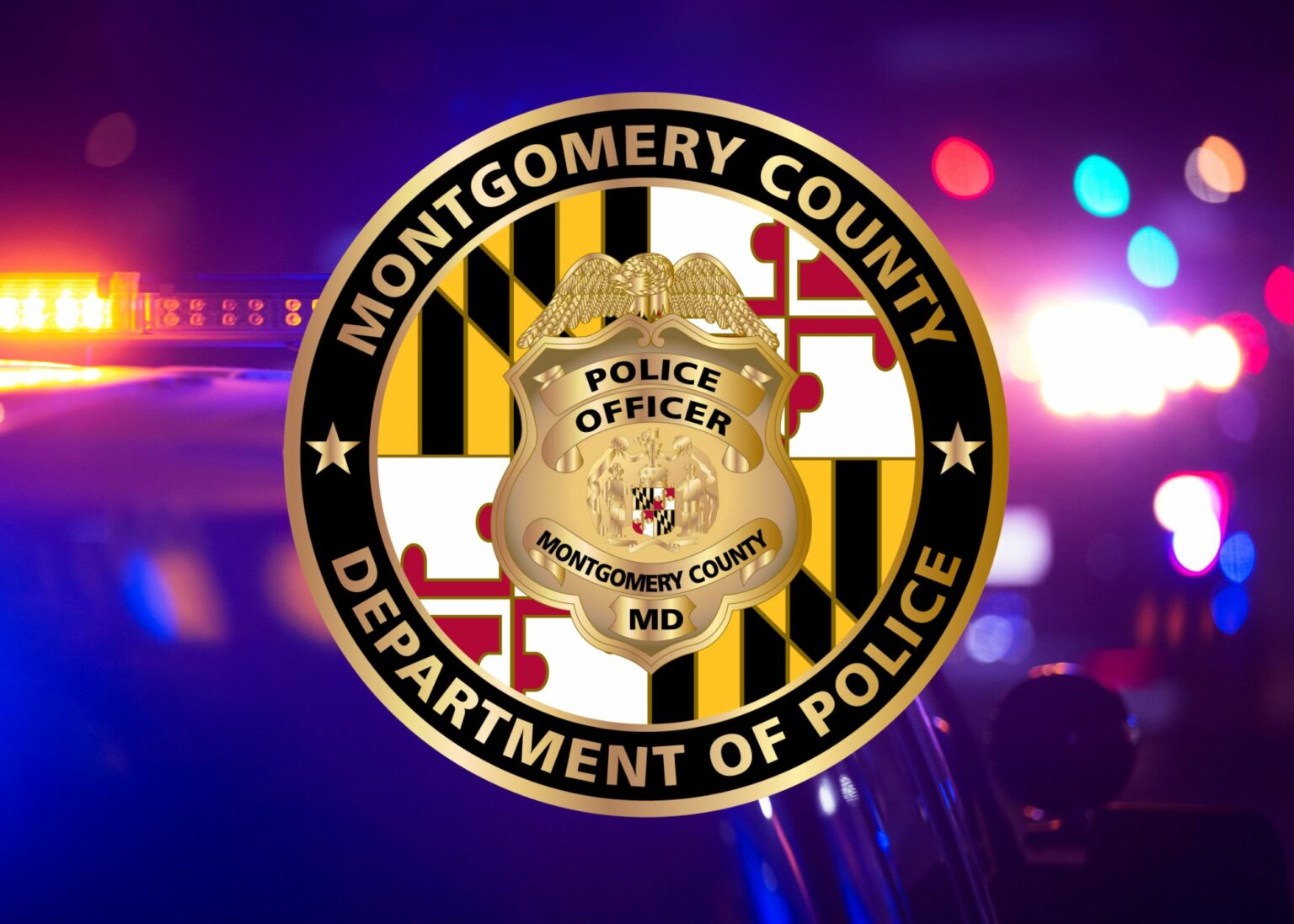

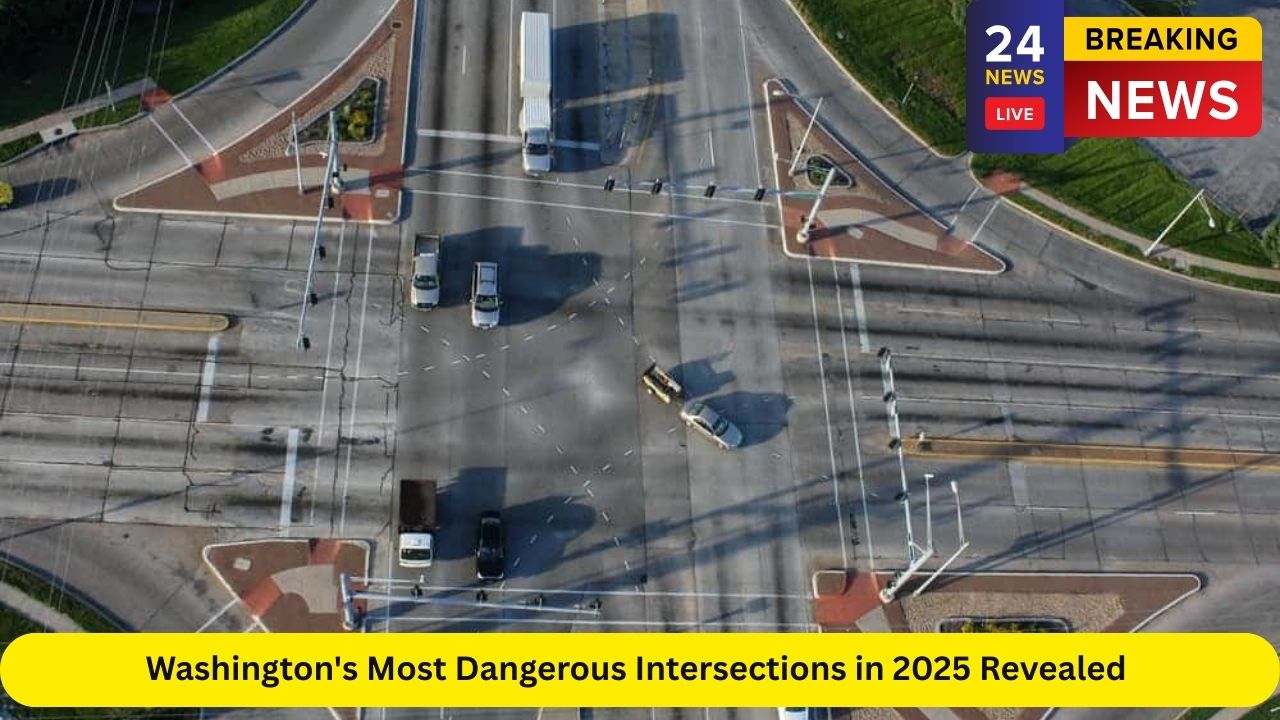


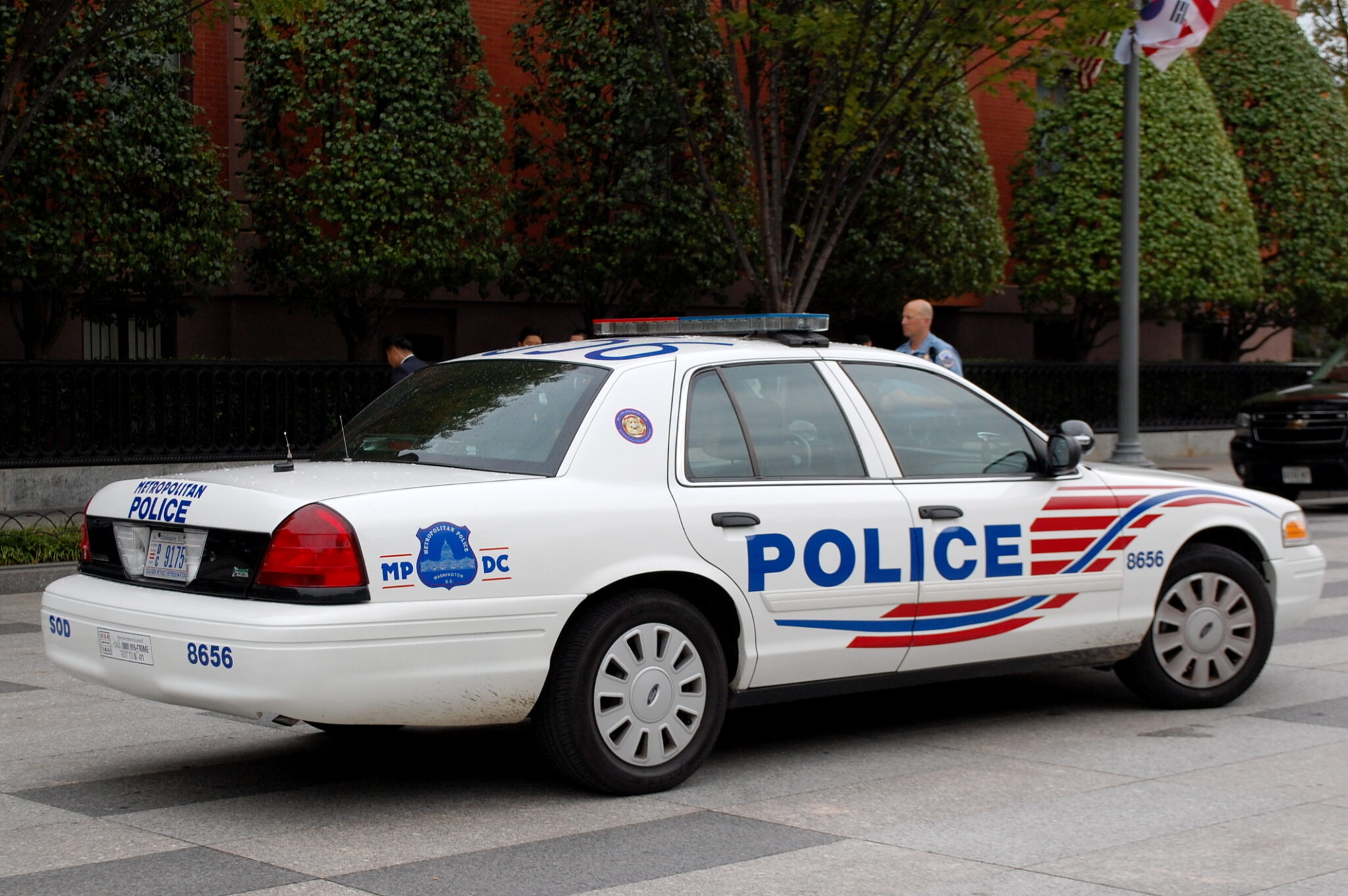
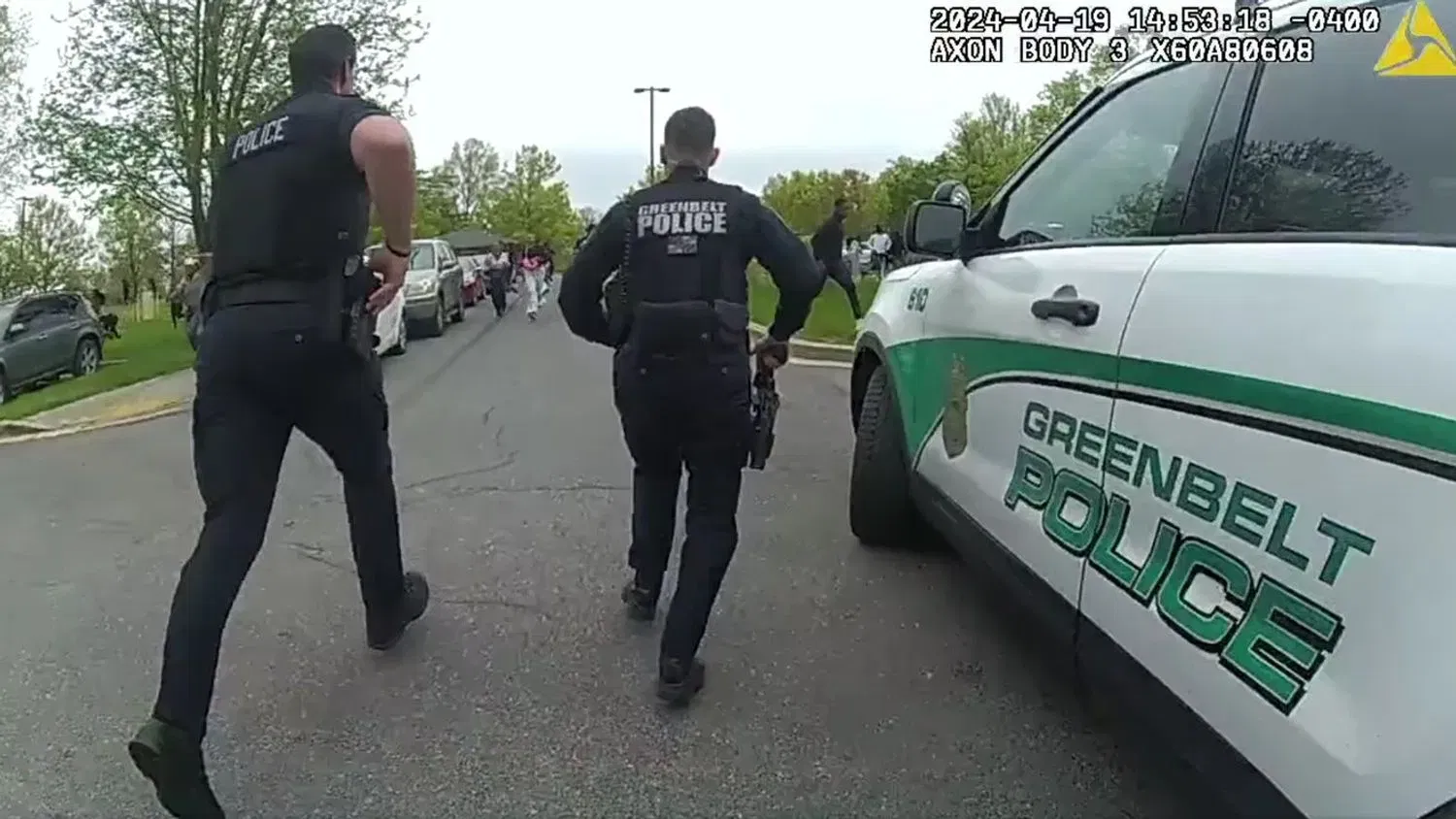
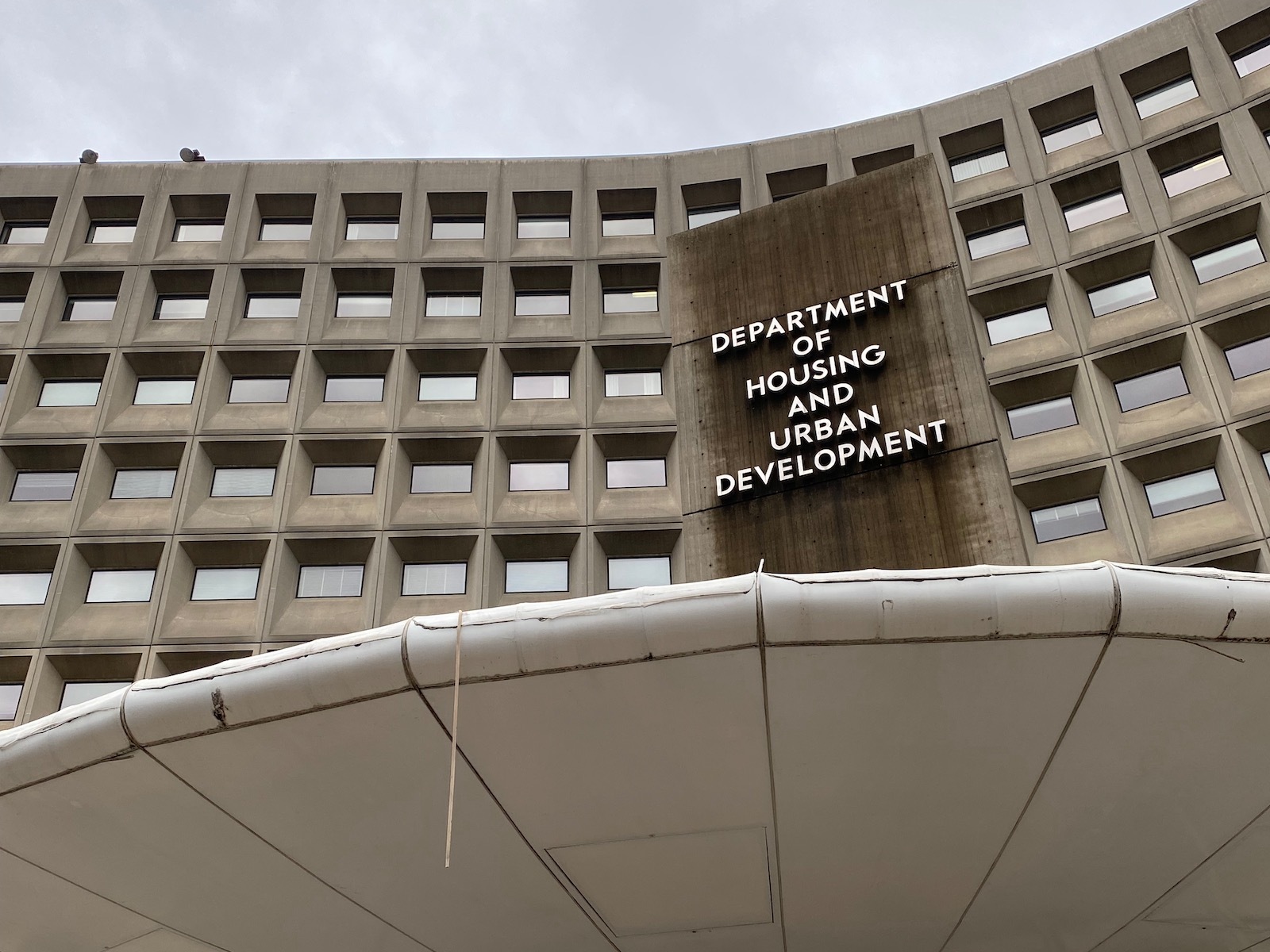

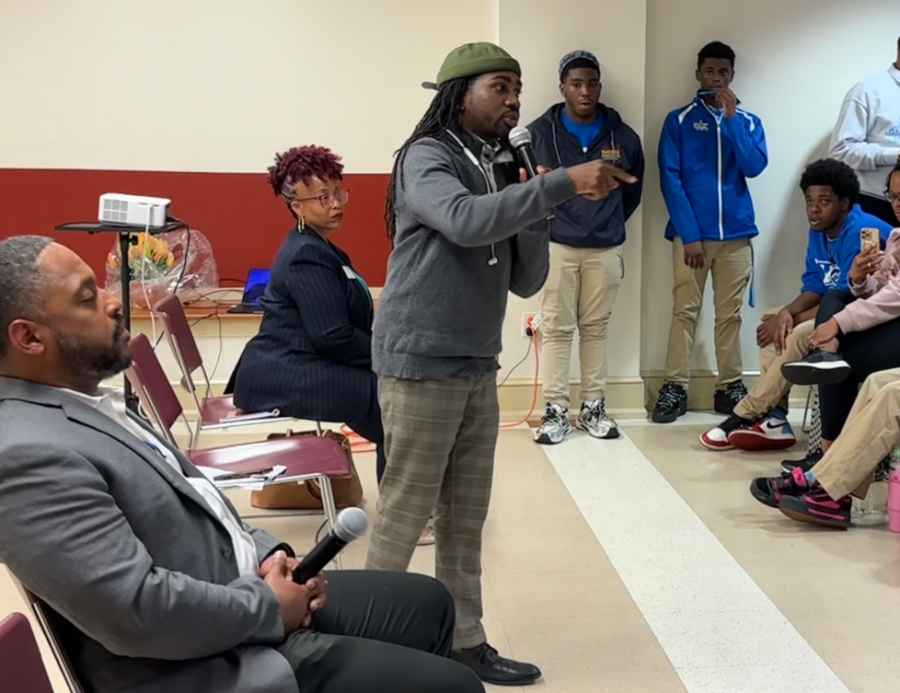


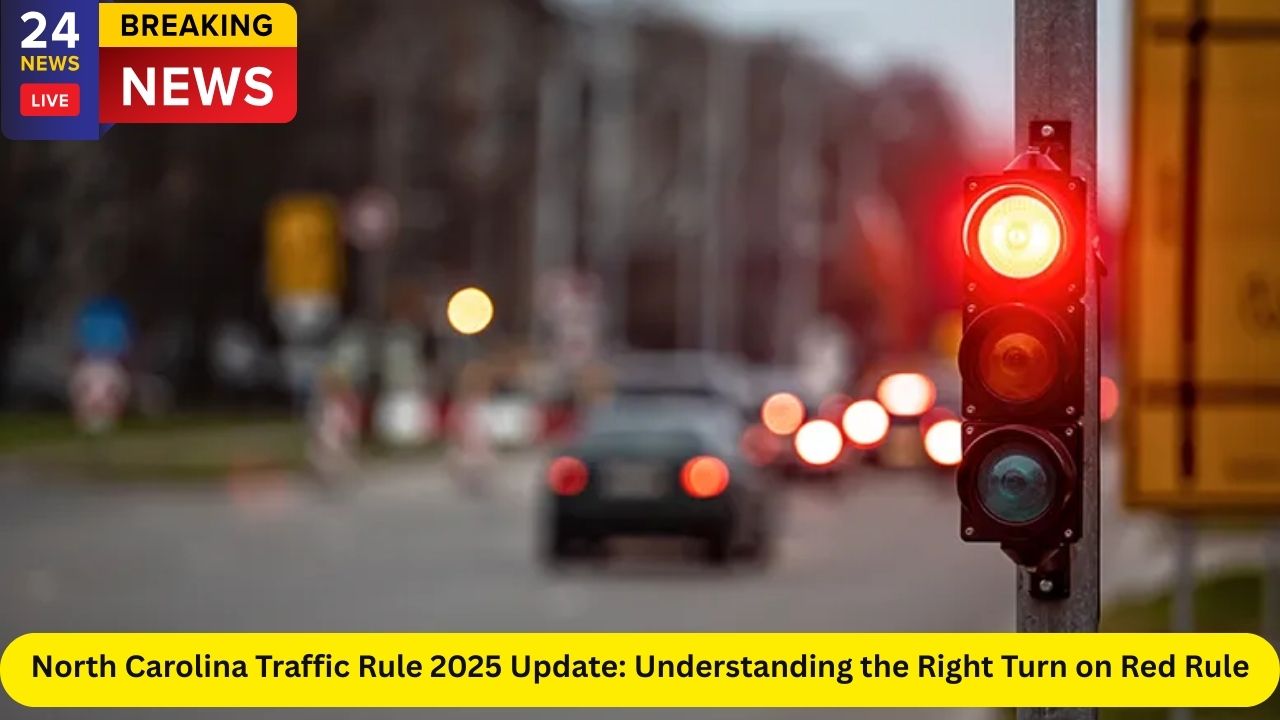
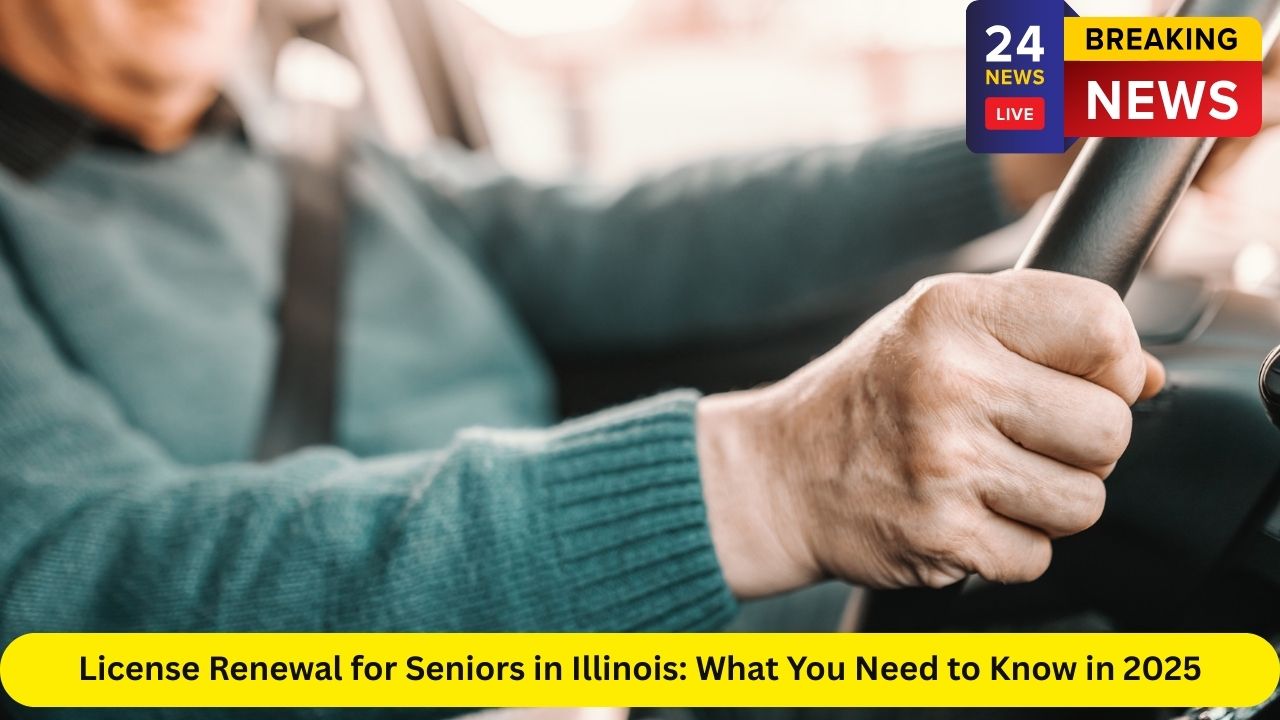
Leave a Reply